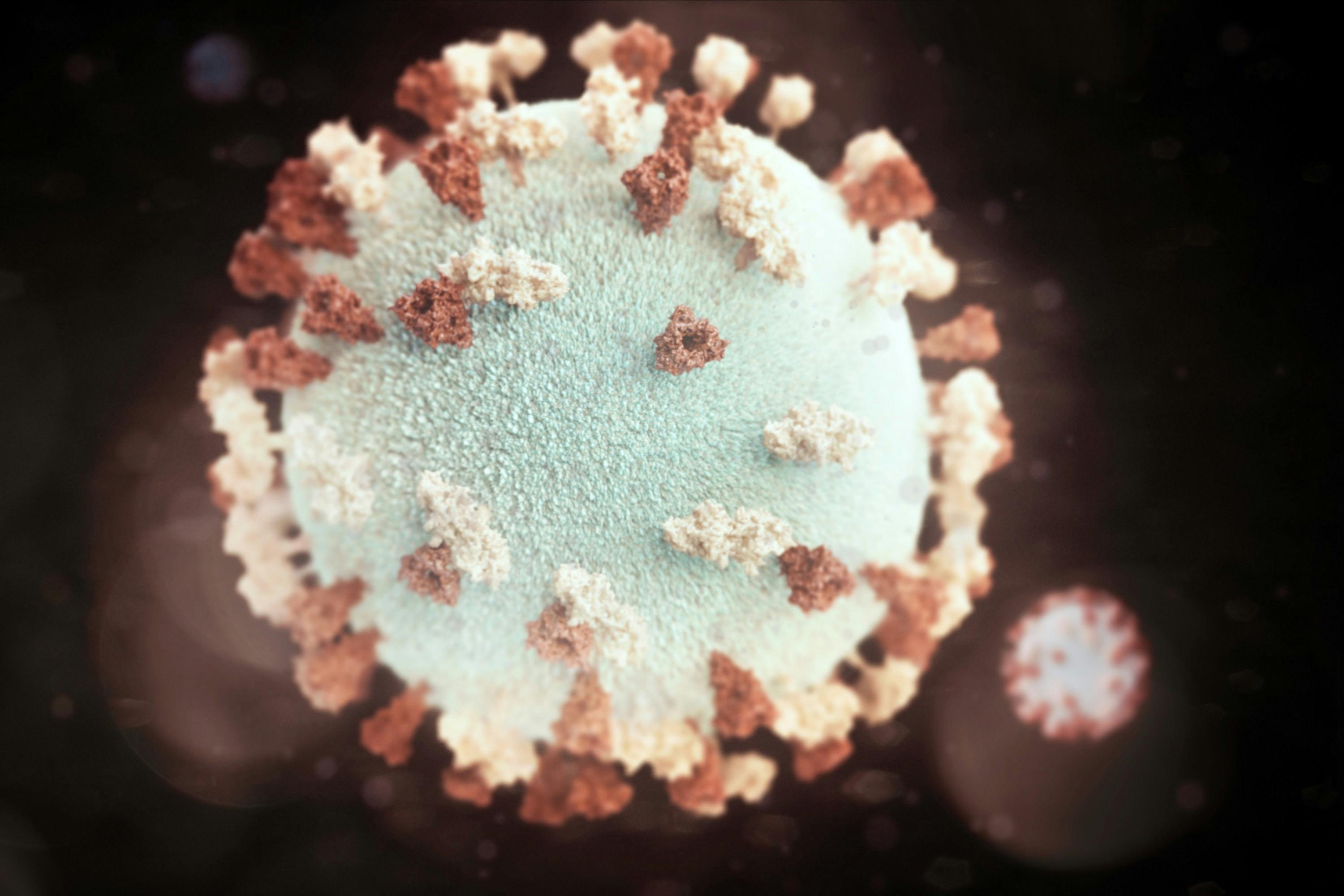On Rare Disease Day 2023, we consider how the ambitions of the UK Rare Diseases Framework can be realised for the benefit of patients across the devolved nations.
By Henry Poust, Account Director, Incisive Health
An estimated 3.5 million people in the UK, and 300 million people worldwide, are living with one of 7,000 rare conditions. Taken individually, these conditions are unique, as are the experiences of patients and their families and carers supporting them. That said, there are several challenges consistently found across all rare diseases including an often-protracted diagnostic odyssey (sometimes lasting a decade or more), limited communication between different parts of the health system, and a lack of access to treatment and care.
In order to support improvements in the health and care of people with rare conditions, the UK Government and its devolved counterparts developed a UK Rare Diseases Framework. The current version, published in 2021, set out a five-year vision for improving rare diseases care across multiple priority areas.
Following the publication of the Framework, all four UK nations have developed their first individual annual action plans to deliver on its priorities. England today published its second, for the year 2023/24.
These plans have been welcomed across the community and are already helping to deliver real change for patients – bringing together partners across the system to improve access to care, services and treatment.
However, challenges remain in each of the four nations:
In England, many of the actions promised in the 2022 Action Plan have fallen behind schedule, and wider NHS pressures risk delaying progress
In Scotland, there is no dedicated budget to deliver on Scotland’s rare diseases commitments, with actions needing to be delivered using existing resources
In Wales, the new NHS Wales Executive – intended to strengthen national leadership and provide support for quality improvement for the NHS in Wales – is yet to be established, and it remains unclear where rare diseases will sit within it
In Northern Ireland, the absence of government, political leadership and accountability in Stormont has hindered progress
The following five steps are all important in order to realise the ambitions of the UK Rare Diseases Framework:
Funding. Most importantly, funding needs to be allocated to the delivery of the four nations’ action plans to deliver real progress. With NHS funding stretched, and any new money likely to be allocated elsewhere (not least ambulances and backlogs) this will likely remain an obstacle to progress.
Political leadership. A Minister that is willing to champion rare diseases, both to the Health Secretary and Treasury, can go a long way in making progress on step one. In her time as Life Sciences Minister for the UK Government, Baroness Blackwood, now Chair of Genomics England, played a key role in building momentum for the UK Rare Diseases Framework, launching the National Conversation on Rare Diseases in 2019. Helen Whately MP, the current Rare Diseases Minister, is tasked with ensuring the UK Rare Diseases Framework continues to be prioritised in Government.
Collaboration between Government partners and patient organisations. The 2022 England Action Plan was praised for bringing together a range of Government partners in delivering on the different actions – including NHS England, NICE, the MHRA and Genomics England. The Department of Health and Social Care (DHSC) plays an important role in co-ordinating the different actions and holding partners to account, as well as in ensuring patients and patient groups are involved in the development and implementation of specific actions. The success of the individual actions in the 2022 and 2023 plans are dependent on DHSC mastering this co-ordinating role in making sure commitments are delivered on.
Ensuring the new Department for Science, Innovation and Technology (DSIT) prioritises rare diseases. The newly launched DSIT could play a key role in delivering on the Framework’s priorities, in particular improving access to specialist care, treatment and drugs. It is important DHSC sets out how the new roles and responsibilities of DSIT will help to deliver on the priorities of the Rare Diseases Framework.
Joining up new actions with other ongoing Government work. England’s Action Plans are being implemented alongside a major NHS reorganisation, with commissioning responsibility for many specialised services in the process of being delegated to local Integrated Care Boards (ICBs). This could be an opportunity for progress in improving the co-ordination of rare disease care. For this to be realised, however, it will be important ICBs are tasked with taking forward responsibility for delivering many of the actions under this priority, such as in ensuring ICBs operationalise better coordination of care.
With the Government focused on addressing wider NHS pressures, it is vital that the actions committed to as part of the UK Rare Diseases Framework are delivered on and people living with rare and complex health conditions are not forgotten.
